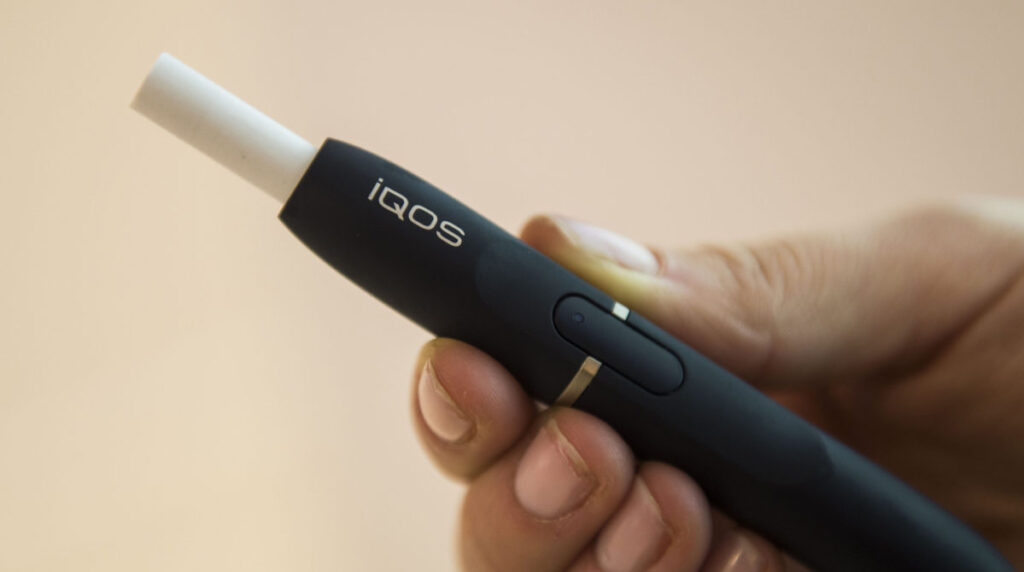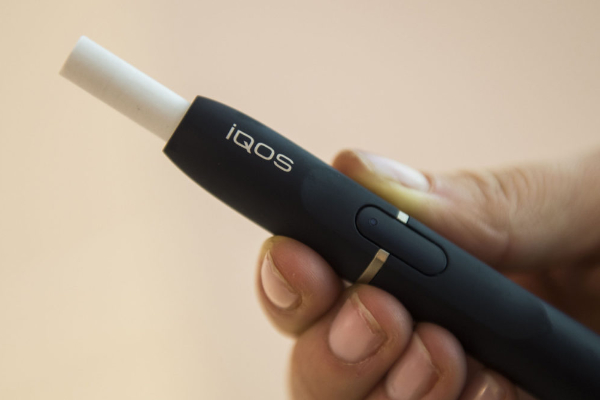
Description of the problem or opportunity at PMI
By introducing the iQOS heat stick, Philip Morris International (PMI) developed a new type of e-cigarette.
This electronically powered product heats tobacco rather than burning it, producing less harmful toxins than an ordinary cigarette. The head stick uses real tobacco instead of heating up liquid nicotine of the ordinary e-cigarettes.
Given the strategical importance & “time to market”, it’s without a doubt of high importance. Therefore, PMI is highly focussed making this project a success enabling the further worldwide rollout of the iQOS heat stick.
As such a project kicked off regarding Retail Ready Packaging (RRP) which involved all iQOS parts; holder, charge, heat sticks and other needed accessories.
We had to adapt and physically organise the existing building to enable the existing operational processes within the Blue Yonder WMS to meet the expectations.
A solution defined
Firstly, we defined the configuration of a workable and practical process within the functionality of the currently used applications. Secondly, process flows were built and were internally aligned as a basis for configuration and communication & explanation. Lastly, we considered implementation after the expected ‘go-live’ date of process improvement no directly necessary to support the process in scope.
Implementation approach, risks & challenges
Next to functional and technical design activities, it was of great importance to set up the project basics properly cross the various execution partners. Moreover, a structured alignment, timing and availability between various sponsors both internally and externally of PMI are of key importance. Secondly, the roles & responsibilities were clearly defined and communicated. We defined an Agile approach for the various activities and deliverables, whereas the Kanban board was used for tracking.
 We added value through local attendance and face to face alignment combined with offshore activities. Moreover, this was all in close alignment with the project owner.
We added value through local attendance and face to face alignment combined with offshore activities. Moreover, this was all in close alignment with the project owner.
Based on the shown project triangle, we all agreed that timing was fixed and scope and budget were flexible. We did not compromise on quality as this is an objective “by definition”.
Mandatory was to meet the 1st of October as ‘go-live’ date for this additional process.
Support needed to ensure success
We did a controlled ramp of in and outbound orders in the initial ‘go-live’. We did this by training the local experts in time, combined with the expected local attendance of Starware supporting the ‘go-live’. PMI regarded hyper care as a key success factor. Standard Operating Procedures (SOP) were built and ready before testing, validated and updated during testing and the 1st days of active ‘go-live’. This enabled the local organisation to become quickly “self-supporting”.
Delivery and handover
We handed over the original scope to PMI, within budget, time, quality leading to a satisfying customer. Moreover, we handed over SOP’s, technical and functional designs post successful go-live.
“Beyond expectations actually!
What we achieved was just impossible without you!
Thanks a lot for your engagement and professionalism.”
– Jean-Louis Lopez, PMI –
Project Leader Information Systems PMI

